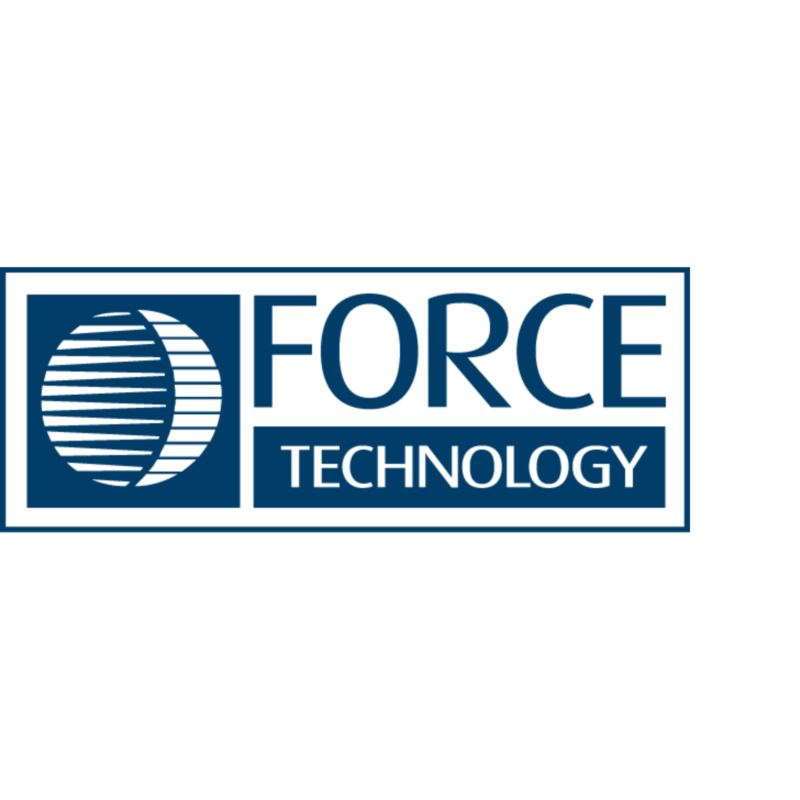Their idea evolved into a major data-sharing project called Catena-X, Now, the results of this project are ready to enter the marketplace. In April 2023, ten so-called “use cases” or – in common language – applications will begin building data chains, allowing partners throughout the automotive value chain to track and share critical data. The use cases made their debut at Hanover Messe, Europe’s leading annual technology trade fair.
“This is a huge step forward,” said Sven Löffler, tribe and chapter lead, data-economy, and business owner for portal marketplace search and AM, one of the non-automotive partners in the Catena-X project. The first of these use cases will go online later this year.
The market entry of Catena-X’s data-sharing ecosystem is enabled by a newly formed consortium called Cofinity-X, a joint venture between ten German corporations associated with the automotive industry, including chemistry giant BASF, Mercedes, and BMW, as well as medium-sized parts suppliers such as Schaeffler and information specialists such as T-Systems. Cofinity-X was created specifically to form a marketplace for the data-sharing network Catena-X. Catena-X’s ecosystem itself is based on the IDS standard and the European cloud infrastructure Gaia-X.
The use cases, that were presented at the Hanover Messe, are all related to the theme of sustainability. “At this point, sustainability is our central focus,” said Mr. Löffler. The use cases will facilitate things such as CO2 and environmental and social governance monitoring, traceability, and the circular economy. At the trade show, the audience will be able to experience how the data chains work.
One of the prime application examples is tracking the life cycles of batteries, which is becoming increasingly important as the automobile industry switches to electric propulsion. The new products will enable the collection of data on batteries from their assembly to their dismantling and make it available for companies throughout the supply chain, from carmakers to chemical companies to suppliers of raw materials. This, in turn, will enable decision-making as to reuse as well as facilitate reporting to regulatory bodies increasingly enforcing environmental standards.
To get an idea of how complex this process is, consider that BMW alone works with 12,000 suppliers from 70 different countries.
“If you think of it as layers of data along the supply chain, we currently get three layers deep. However, the entire chain has at least eight layers,” said Mr. Löffler.
The benefits for all participants, however, are immeasurable.
“This is a win-win for everyone,” said Mr. Löffler.
Participation in the data chain accomplishes far more than merely facilitating reporting to regulatory bodies. “It reduces costs for everyone. And it allows all participants to respond much quicker to any issues that might arise along the value chain.”
Such disruptions to the value chain, especially as they arose during the height of the Covid pandemic, were a major motivation for the automotive industry to collaborate more closely when it came to data sharing.
Original hesitancy by the partners to share critical data was overcome through the implementation of the IDS standard for sovereign data sharing and the use of the Gaia-X infrastructure. Together, they allow all participants in Catena-X to retain full sovereignty over their data.
The market entry of Cofinity-X this April is a new landmark for data spaces altogether. With the move, Catena-X, already a lighthouse project in the framework of the European digital strategy, is forging into new territory.
This comes with a range of critical challenges. “In a sense, what Apple is doing for Apps and Services, we are doing for the data ecosystem,” said Mr. Löffler. Like Apple, Catena strives to ensure interoperability. For the success of the network, it is crucial that it can be accessed from a wide range of systems. To that end, Catena-X provides specific kits to the software developers of its partners, allowing them to seamlessly connect to the data chain.
Ultimately, the hope is, that the experiences gathered, and tools developed within the automotive data space can be transferred to other data spaces. “We are working hard to make sure that what we are creating for the automobile industry can be made interoperable for other industries,” said Mr. Löffler.
Hence, the launch of Cofinity-X is one more step toward a wide network of shared data as the basis for the digital economy of the future.









